The 68th Berlinale International Film Festival
Eldorado
Documentary
(Switzerland)
Director: Markus Imhoof
Markus Imhoof, documentary film maker, scriptwriter and opera director has become internationally famous by his film, The Boat Is Full (1981), which won the Silver Bear in the Berlinale. However, only few are aware that his first documentary film on the Swiss prisons had been censored. Imhoof is always interested in seemingly humanitarian actions, invisible sides and its consequences.
The film, Eldorado, is similar. The director had an ‘adopted’ sister Giovanna in WWII, who was accepted by the director’s family. (She was sent to Switzerland by the Red Cross that helped children to escape the possible deportation or malnourishment…)
Giovanna returned to Italy after the war, but they kept writing letters to each other. This relationship has motivated Imhoof to make the film on the dramatic influx of refugees, migrants from Africa to Europe. He does not compare Giovanna’s situation and the contemporary refugee-crisis in Europe. Rather, he does compare our perceptions and relational views on the refugees. His keyword in this documentary the ‘I’ versus ‘Us’. Who belongs to Us? Why were we able to accept people like Giovanna seven and a half decades ago, and why do we have deep aversion, fear and worries toward the African refugees?
The audience can watch in the film as thousands from Africa try to settle in Europe, first in Italy. The Italian authorities give professional help, doctors, nurses, saving hundreds of lives around the clock. Then, if they cannot be according to the law and regulations legal refugee, they fall into the Italian mafia’s hands, who illegally recruit them in the local agriculture. Their living circumstances are barely human-like. Most of them try to escape from this hopeless situation. The film shows how the German and Swiss authorities force many of them to get off from the train. We can see a small girl, who senses the hopeless and senseless situation and throws items to the wall to express her anger.
Switzerland, more precisely the Swiss authorities, do not hesitate to reject most of the African immigrants’ application. Some villages simply pay money in order to avoid the help to the Africans. Many of them are forced to return to their own country, some of them even receive money from the Swiss authorities….
The hiatus of the film is that the link between Giovanna and the contemporary African immigrants yet to be elaborated. In addition, the film although implicitly blames all of us for not creating normal life for the emigrating Africans. They do believe that Europe is the Eldorado, risking their lives to come to Europe and they find something else instead of the happy life.
In sum, the film proves that Europe is unable to solve this problem. Instead of hoping for this, it is up to those African countries to do everything to keep their populace at home.
Author: Katalin Ferber

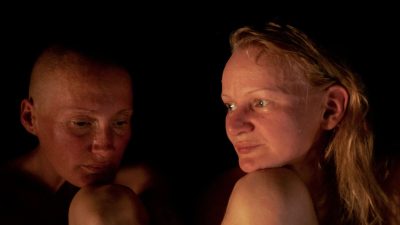
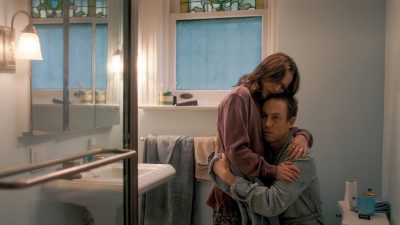

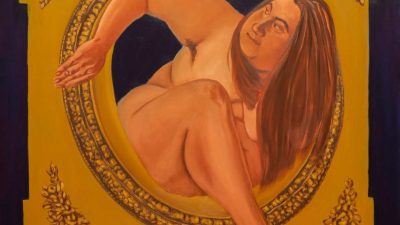
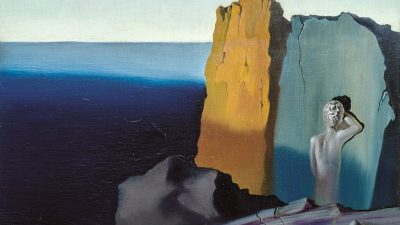
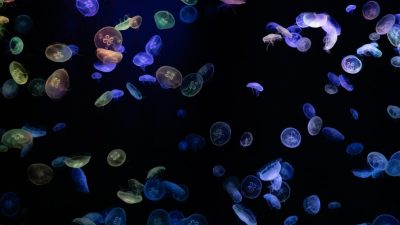


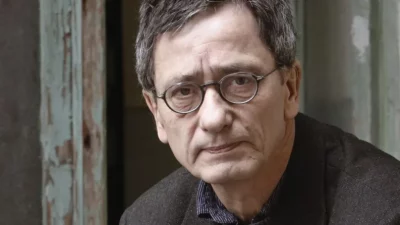



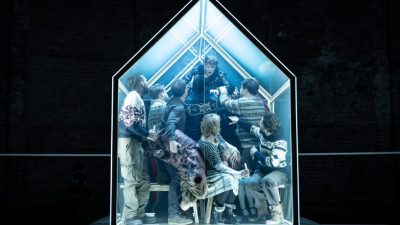
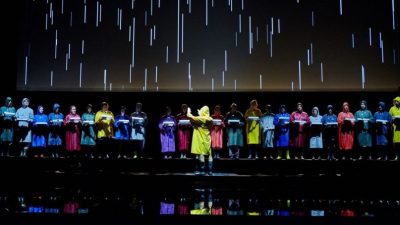





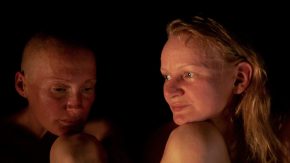


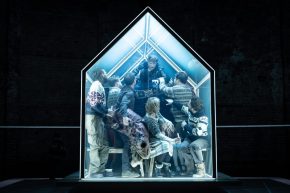

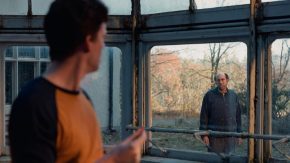
Comments